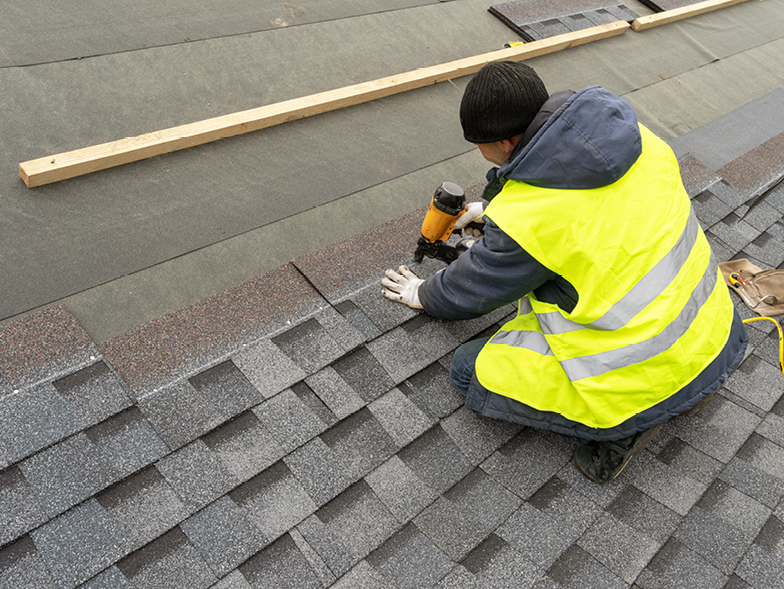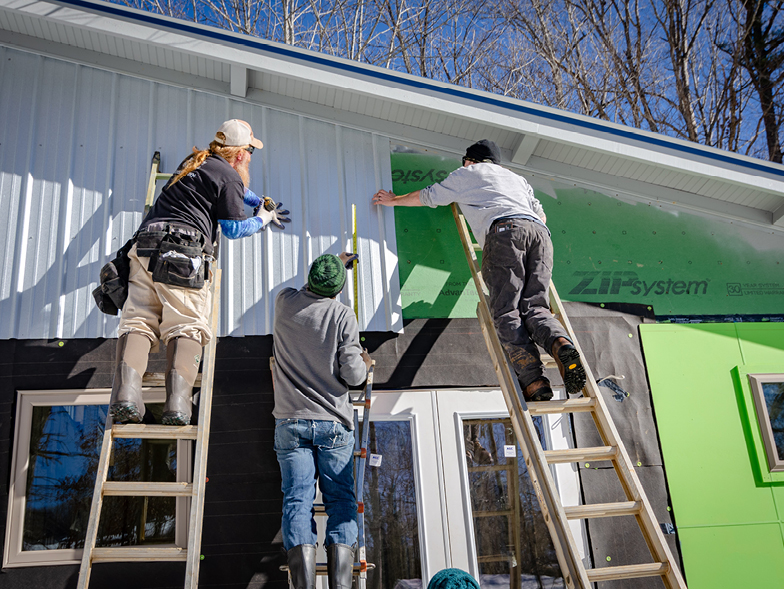Factors That Affect Home Equity
One of the first economic predictions that came out of the COVID-19 pandemic was that the economy—and in particular, the real estate market—would grind to a halt. However, as homeowners weathered widespread shutdowns, the resulting low inventory market played out in their favor with higher equity year-over-year.
While many people think of equity-building as something that is a natural result of paying down the mortgage, in reality, there are many market factors that can negatively or positively affect your home’s value—even without spending big on updates and upgrades. While a major improvement project like an addition, upgraded outdoor space, or new kitchen is one way to add equity, other elements can have an even greater impact.
Improving or Declining Local Market
We’ve all seen neighborhoods that were once considered ho-hum transformed by a new commercial development, new transportation options, or even a hot new restaurant or bar. By the same token, we’ve all seen once-hip neighborhoods become a little more tired and rundown or desirable suburban enclaves lose value because of lower test scores at the local elementary school. Either of these scenarios can have a significant impact—positive or negative—on home equity.
While you can’t control the market, you can be aware of it and ride the wave when it is in your favor. In addition, being active and involved in your local community—either through politics or a non-profit organization dedicated to improving the neighborhood—can help you positively impact your local market and your home’s value.

Low Comparable Sale Prices
A foreclosure in the neighborhood or a bargain-basement giveaway from a homeowner who needs to move quickly can make it more difficult to justify your home price. However, one lower-than-usual sale price is easy to explain away. One low comp is an outlier; two low comps begins to look like a trend.
Keep in touch with your real estate agent, even if you’re not thinking about moving any time soon. Ask him or her to let you know about comparable sales in your neighborhood so that you can be aware of where local home prices are trending. This will help to alert you if there are shifts in your market that could potentially affect your home’s value.

High or Low Inventory
Real estate generally follows the law of supply and demand. When there are fewer houses for sale, home prices may rise. When there are many houses for sale, they may fall in response. This is in part why we have seen COVID-related home prices stay strong—lower inventory in many areas has created more demand than usual and higher sale prices.
While you can’t control inventory, you can use it to gauge the best time to sell your home. If the spring market in your area is normally hot, you may want to aim for the beginning of it in order to beat other eager sellers to market. If you’ve been on the fence about selling your home, you may want to jump when inventory is particularly low and buyers are struggling to find new listings to view.

Outlier Home Style
The largest or smallest home in a neighborhood. An ultra-modern home in a traditional community. An old-fashioned floorplan in a neighborhood filled with open-concept showplaces. When your home is unusual for its area, either in style, age, or size, you may not experience the same home values as other homeowners in your market.
While this can be an expensive situation to correct, it may be worth considering. Creating a new facade or floorplan may cost thousands of dollars, but you may realize even more through a significantly increased sale price. This is the time to sit down with your real estate agent and crunch the numbers to determine what makes the most sense for your market.
Deferred Maintenance
There are many reasons that a home may suffer from deferred maintenance. Elderly homeowners may not be able to keep up the home as meticulously as they used to do. Homeowners experiencing financial hardship may not be able to afford needed repairs. An investor-held property that has had renters for many years may not have been maintained properly. An inherited property may stand vacant—without proper management—for months or years before the heirs decide to sell.
Whatever the circumstances that caused the deferred maintenance, you’ll need to discuss your options for bringing the home back and making it market-ready. Otherwise, you’ll find that the maintenance issues may not only result in lower market value—they may make it difficult to find a buyer at any price. The good news is that many of the places where deferred maintenance takes its toll—the landscaping, curb appeal, and interior and exterior paint—are also the easiest and most affordable elements to address and improve.
In order to maximize your home’s equity, consider your property’s condition and your local market as well as your financing. Work with your real estate agent to develop a smart plan for improving your home as needed and for positioning it within the market. The more you optimize your equity right now, the better you’ll feel when it comes time to sell.


















